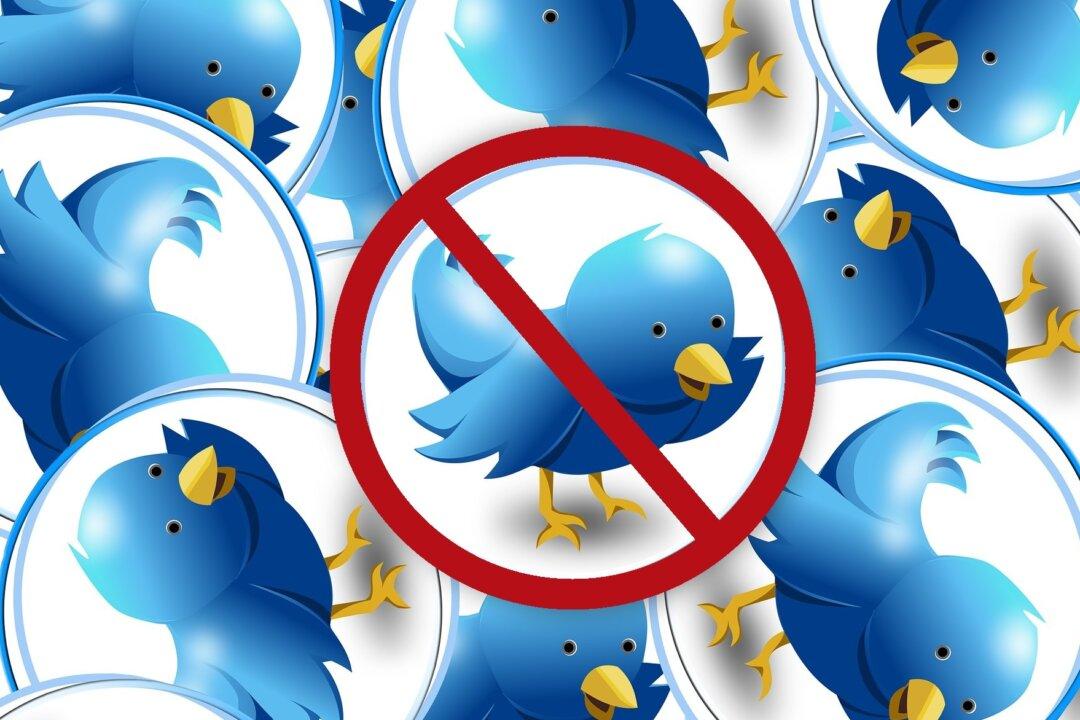Twitter appears to have relaxed the effects of its “quality” search filter function associated with so-called “shadow banning,” after evidence indicated that the content of some accounts on the social media platform was obscured to followers, while many others appeared to be unaffected.
The Epoch Times discovered the change in the filter functionality while researching the shadow banning phenomenon. Some search results changed overnight on July 28 after The Epoch Times alerted Twitter to some of its findings.





